A guest post from 2021 alumna Izzy Hill, who reflects on a very busy 12 months since completing the MA.
While studying for the MA, I managed to nab my first production job as a location marshall for upcoming drama film Living. Two 12-hour night shifts in the centre of Guildford – what a way to start off in Film/TV!
Then, after many more applications and many many copies of my CV being sent over email, I was elated to secure a full-time production role on Rowan Atkinson’s Netflix comedy Man Vs. Bee – I worked as a COVID Marshall on that production for five weeks, joining the crew halfway through principal photography and staying until wrap in August (while also completing all my uni assignments and my dissertation!). This was where I learned the most about the industry – it was hugely insightful, rewarding, and a joy to work on. Can attest that Rowan is very lovely and it was amazing to watch him work! Though, if you’ve seen the show, you’ll know that I occasionally saw more of him than I was expecting…
After graduating, I managed to secure a few more runner roles here and there; a few days on a shoot for a factual show for Full Fat TV, and then an additional runner role for another Netflix show which took me up to Christmas. The latter was probably one of the most excruciating jobs I’ve ever had – see the image below:
Need I say more?
Production is no joke – the long days and fast-paced environments combine to make your workdays stressful, exhausting, and overwhelming. I decided to take some time out from working, and I started applying for more admin-based roles that were still within the Film/TV industries, but would allow for a healthier work-life balance and less physical (and emotional) drainage!
That leads me to where I am now – I work in digital and distribution marketing for the British Film Institute, an organisation I was a member of for years and have always loved and admired. I help with social media, email outreach, event coverage, and getting films out to exhibitors. I’ve worked some amazing events, the biggest one so far being the BFI & Radio Times TV Festival, where I was able to help interview the stars and provide social media content for our followers. The BFI is a wonderful company to work for, and I am excited to log in and work every day! I still have my busy days and the occasional moments of stress, but my lovely team, and the free cinema tickets and film posters, will always cushion the blow!
I am also writing some passion projects on the side of my job and hope to be creating more of my own stuff in the future, whether it’s film/tv articles, short films, or even a novel! Watch this space…
Izzy Hill






 Editing projects in the form of an emotive visual poem and a short documentary about how and why international students sometimes choose an English name. These were followed by
Editing projects in the form of an emotive visual poem and a short documentary about how and why international students sometimes choose an English name. These were followed by 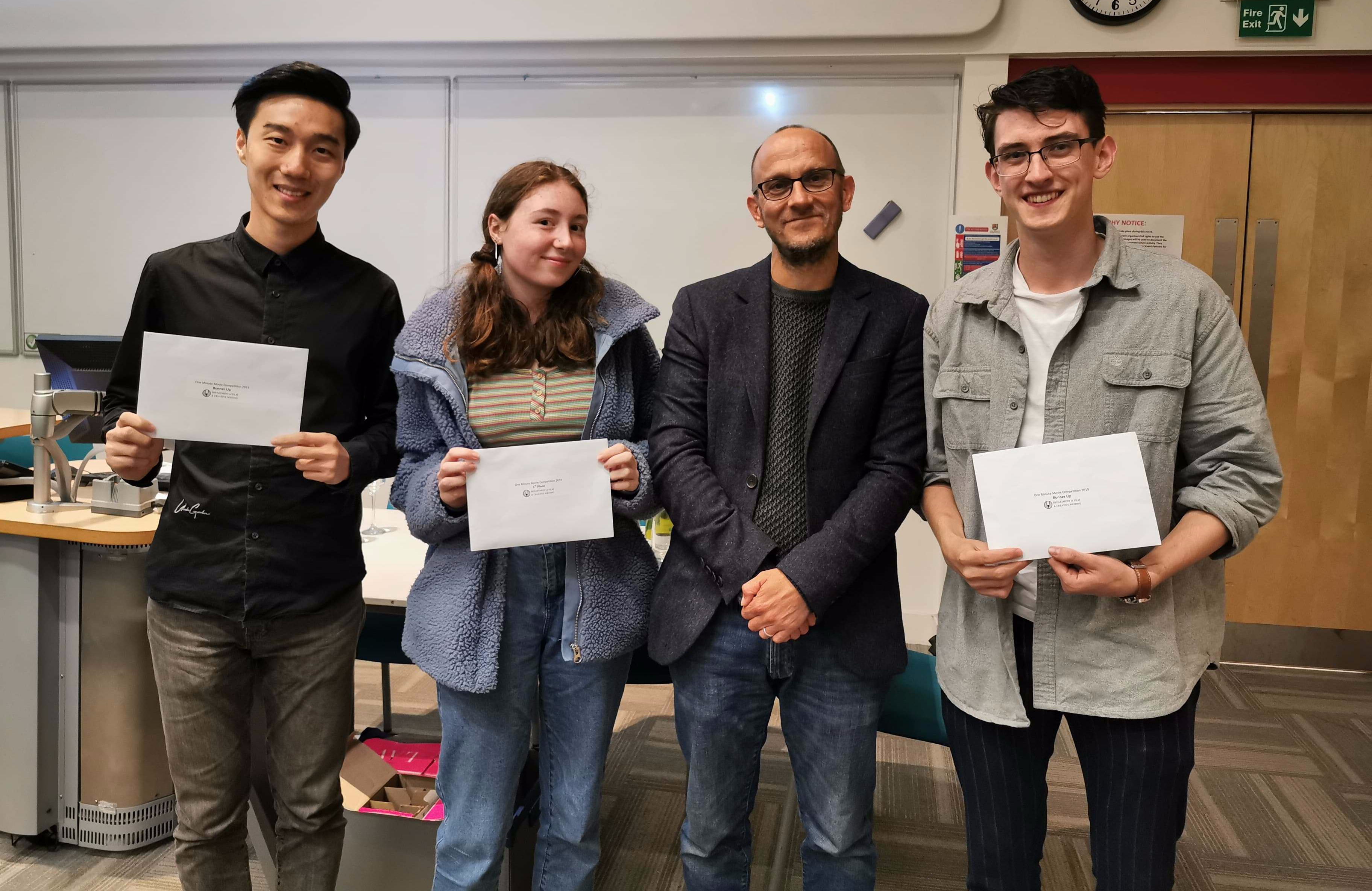
 The day before the shoot we were emailed a call sheet (a real, proper call sheet) where we could see the various locations we would be filming, the plan for the day and contacts for everyone involved. The overall day took 12 hours and was scheduled in so much detail. Myself and another FTV student, Talla, were awake and on location by 6.30am. We had the warmest welcome and were introduced to the team with as many bacon rolls and drinks of coffee as we liked. At 7am on the dot, the advanced schedule began, and we started by being in charge of the distribution and set up of the radio mics. These walkie talkies were essential during the shoot as they enabled the contact between many of the production team. Talla and I were numbers 4 and 5, also included were the 1st assistant director, the production assistant and the producer, who was sat at the unit base looking after the equipment throughout the day.
The day before the shoot we were emailed a call sheet (a real, proper call sheet) where we could see the various locations we would be filming, the plan for the day and contacts for everyone involved. The overall day took 12 hours and was scheduled in so much detail. Myself and another FTV student, Talla, were awake and on location by 6.30am. We had the warmest welcome and were introduced to the team with as many bacon rolls and drinks of coffee as we liked. At 7am on the dot, the advanced schedule began, and we started by being in charge of the distribution and set up of the radio mics. These walkie talkies were essential during the shoot as they enabled the contact between many of the production team. Talla and I were numbers 4 and 5, also included were the 1st assistant director, the production assistant and the producer, who was sat at the unit base looking after the equipment throughout the day.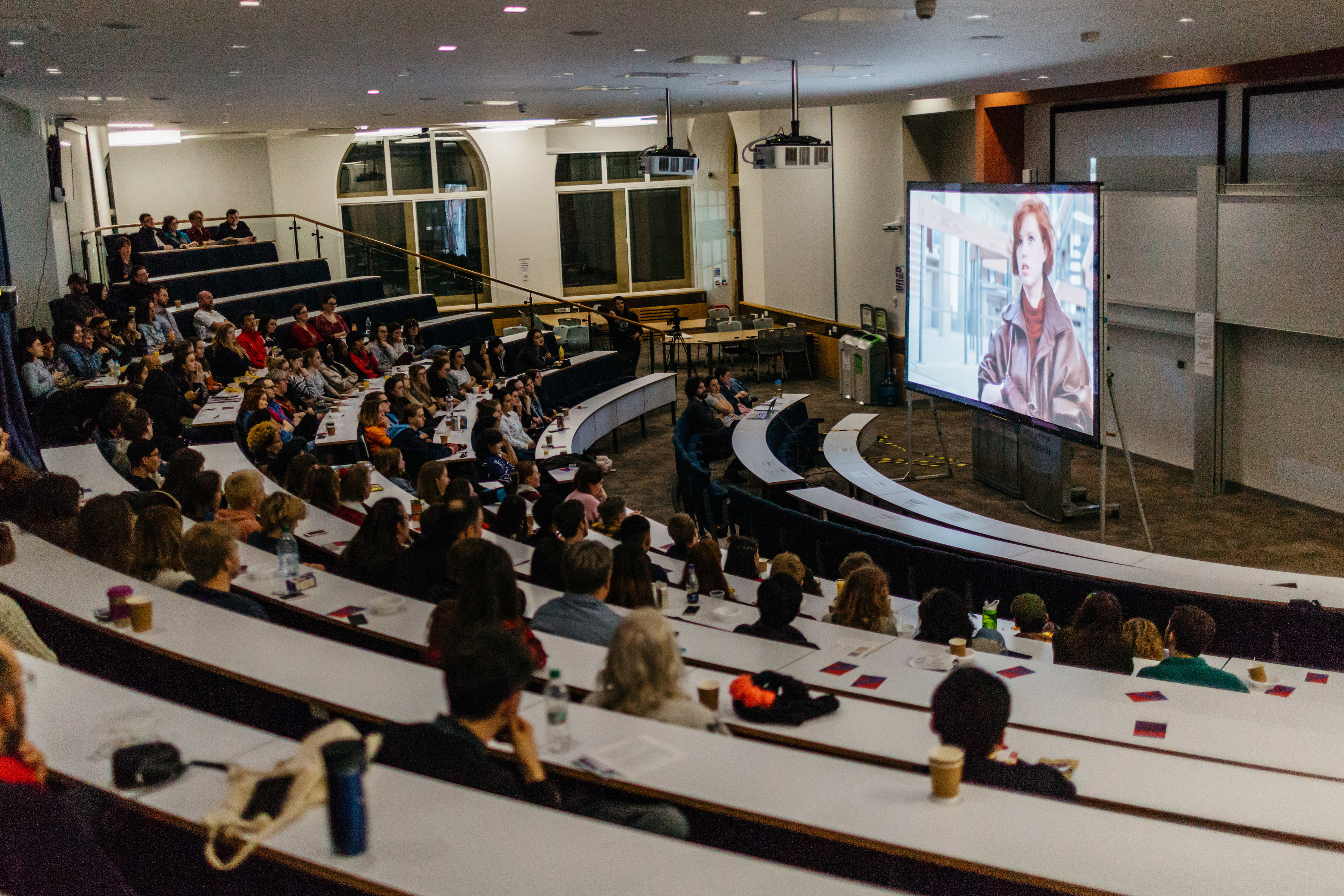
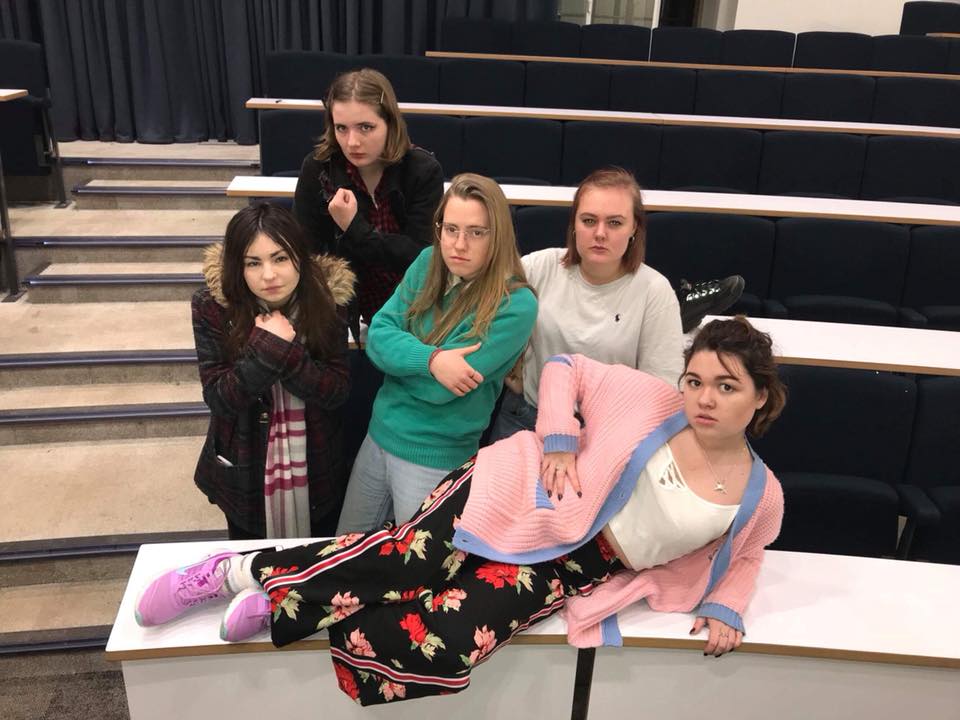

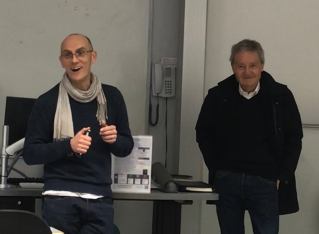
 the cinematographic industry, especially regarding the portrayal of women and children. This is just the beginning of a road that will bring sensible, valuable representations of society to our screens. I hope that ten years from now, when I have a family of my own, this will be a reality rather than a dream. Tony Garnett is one of the people who started this change; I hope that I can be a part of it too.
the cinematographic industry, especially regarding the portrayal of women and children. This is just the beginning of a road that will bring sensible, valuable representations of society to our screens. I hope that ten years from now, when I have a family of my own, this will be a reality rather than a dream. Tony Garnett is one of the people who started this change; I hope that I can be a part of it too. Lou managed to cover the whole of the fourth floor with glitter, Christos had butter fingers, Frida gave us all diabetes, Zoe made an unplugged hard drive seem like the end of the world, Cheryl was ‘stupid’ (or maybe she’s just kidding us to hide her editing prowess), Claire managed to exist about 20 minutes behind the rest of the universe, Sofia enchanted us with her colourful language, Jenny made putting up a tripod in record time look like a matter of life or death, Jack was LOUD, Sam lost all his hair, Hermione got beautifully lit selfies, Black Market Beth managed to run her own DVD business on the side, our wonderful international students joined in with our terrible British banter and discovered the joy of Christmas crackers, Rayna gave birth to a whole other human and still made classes, Techy Tash impressed with her audio skills, Lorhren started off looking terrified but showed us her creativity producing an amazing visualisation film
Lou managed to cover the whole of the fourth floor with glitter, Christos had butter fingers, Frida gave us all diabetes, Zoe made an unplugged hard drive seem like the end of the world, Cheryl was ‘stupid’ (or maybe she’s just kidding us to hide her editing prowess), Claire managed to exist about 20 minutes behind the rest of the universe, Sofia enchanted us with her colourful language, Jenny made putting up a tripod in record time look like a matter of life or death, Jack was LOUD, Sam lost all his hair, Hermione got beautifully lit selfies, Black Market Beth managed to run her own DVD business on the side, our wonderful international students joined in with our terrible British banter and discovered the joy of Christmas crackers, Rayna gave birth to a whole other human and still made classes, Techy Tash impressed with her audio skills, Lorhren started off looking terrified but showed us her creativity producing an amazing visualisation film  with Hatty (starring Christos as Salvador Dali – nice wink), I finally worked out who was Heather and who was Helena after 11 weeks, Shereen’s fashion sense put us all to shame (seriously though, how did you get so cool?) and we all survived the terrible Scandinavian sweet challenge.
with Hatty (starring Christos as Salvador Dali – nice wink), I finally worked out who was Heather and who was Helena after 11 weeks, Shereen’s fashion sense put us all to shame (seriously though, how did you get so cool?) and we all survived the terrible Scandinavian sweet challenge.
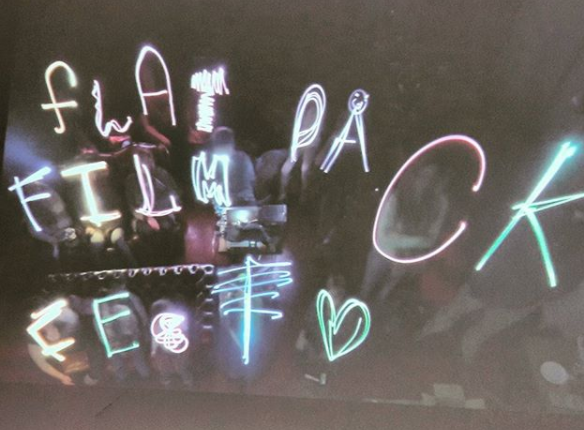
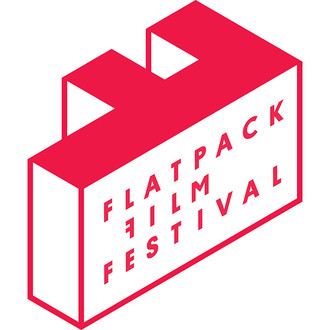 What made the biggest impression on me was the selection of the venue. Basically when I think about choosing a venue, some places where they are already prepared for screenings are my first thought, namely, cinemas. However, within the brainstorming at this workshop, Amy challenged us about how to choose a venue which could be more attractive to the audience. For example, cafes, church halls, and warehouses are lovely places for screenings if they are accessible to audiences. Besides, keep turning over the event of the day in mind because details are the key of success: if something unexpected happens but no preparations have been made, the only 1% possibility could become 100% disaster. As Amy presented, no matter how amazing your film festival is, if the toilets are awful on the day, that will be the only thing the audiences remember!
What made the biggest impression on me was the selection of the venue. Basically when I think about choosing a venue, some places where they are already prepared for screenings are my first thought, namely, cinemas. However, within the brainstorming at this workshop, Amy challenged us about how to choose a venue which could be more attractive to the audience. For example, cafes, church halls, and warehouses are lovely places for screenings if they are accessible to audiences. Besides, keep turning over the event of the day in mind because details are the key of success: if something unexpected happens but no preparations have been made, the only 1% possibility could become 100% disaster. As Amy presented, no matter how amazing your film festival is, if the toilets are awful on the day, that will be the only thing the audiences remember!